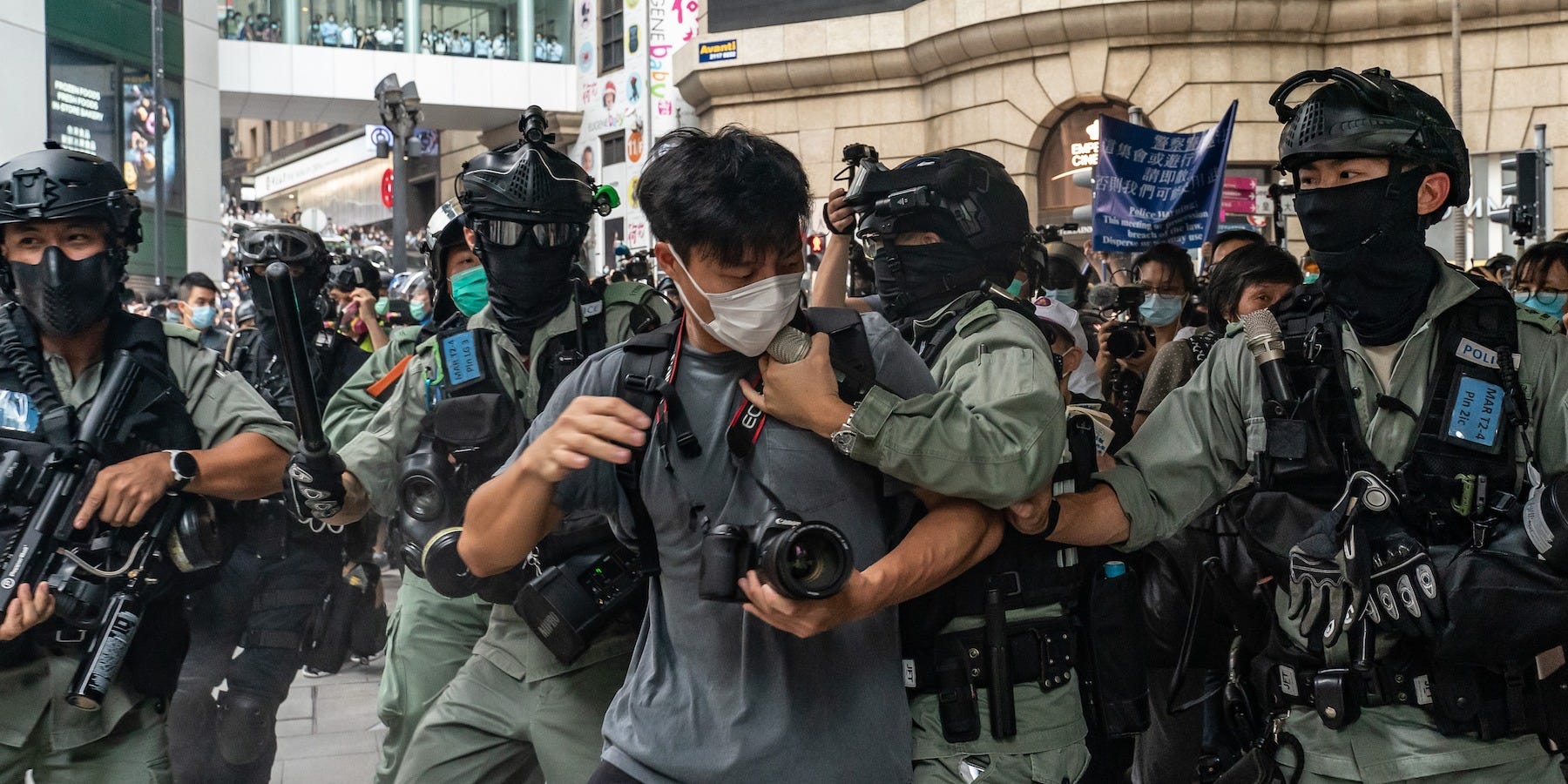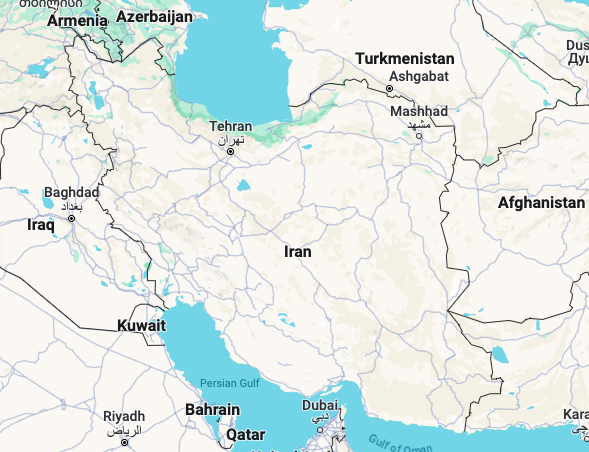- Australia has taken steps to suspend its extradition with Hong Kong and has proposed new visa protections for Hong Kong residents in response to the city’s sweeping new national security law.
- The Australian government has also updated its travel advisory for Hong Kong in response to the new legislation, saying that those visiting Hong Kong “may be at increased risk of detention on vaguely defined national security grounds.”
- Several other countries, including the US and the UK, have also proposed measures to protect Hong Kong residents fleeing potential political persecution.
- Visit Business Insider’s homepage for more stories.
Australia has taken steps to suspend its extradition with Hong Kong in light of a sweeping new national security law imposed on the city by China.
Australian Prime Minister Scott Morrison said on Thursday local time that Australia has formally notified Hong Kong and Chinese authorities of its decision to suspend its extradition agreement with the city.
“Our government, together with other governments around the world, have been very consistent in expressing our concerns with the imposition of the national security law on Hong Kong and today we have agreed to announce that national security constitutes a fundamental change of circumstances in respect to our extradition agreement with Hong Kong,” Morrison said during a press conference.” “And so Australia today has taken steps to suspend our extradition agreement.”
Morrison added that Australia will also extend visas for some Hong Kong residents by five years and will create a pathway to permanent residency for them after that period.
Canada earlier this week also suspended its extradition treaty with Hong Kong.
In addition to suspending its extradition agreement with Hong Kong, the Australian government has also updated its travel advisory for Hong Kong in response to the legislation.
"The new national security legislation for Hong Kong could be interpreted broadly," the advisory states. "Under the law, you could be deported or face possible transfer to mainland China for prosecution under mainland law. The full extent of the law and how it will be applied is not yet clear. You may be at increased risk of detention on vaguely defined national security grounds. You could break the law without intending to. If you're concerned about the new law, reconsider your need to remain in Hong Kong."
Last week, China's top legislative body passed a sweeping new security law in Hong Kong that criminalizes dissent against the Chinese Communist Party and allows China to set up a national security apparatus in Hong Kong. Those charged with the most severe offenses - like undermining the Chinese government - face a maximum penalty of life in prison.
The new law has already been used to arrest at least 10 pro-democracy protesters and has prompted widespread protest among Hong Kong residents who see their freedoms slipping.
Several other countries, including the US and the UK, have also proposed measures to protect Hong Kong residents fleeing potential political persecution.










